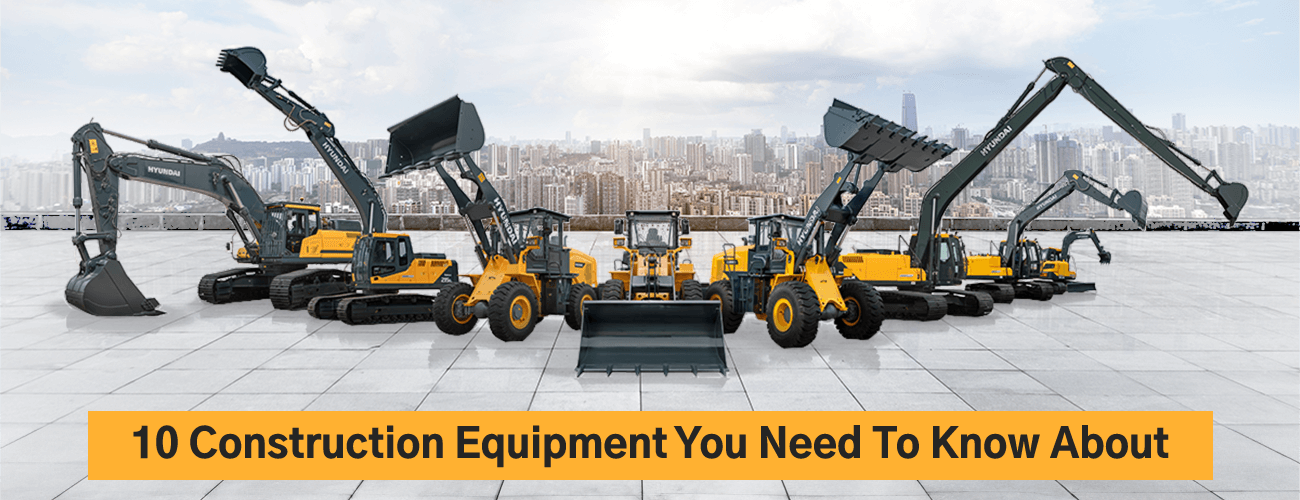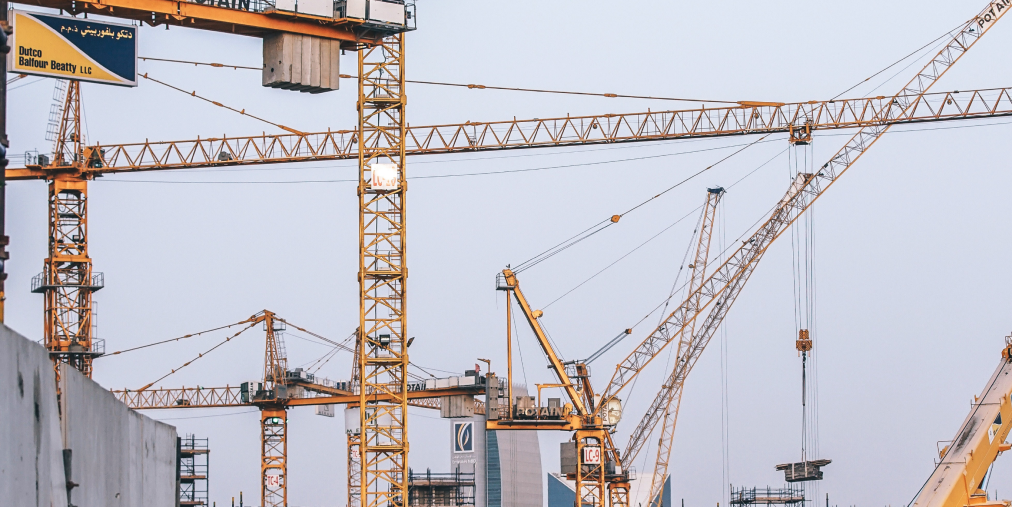Discovering the Financial Conveniences of Renting Construction Equipment Contrasted to Possessing It Long-Term
The choice between renting out and having building tools is pivotal for monetary monitoring in the market. Renting out offers immediate expense savings and operational flexibility, permitting business to assign resources extra efficiently. Recognizing these nuances is vital, especially when taking into consideration just how they line up with details project demands and financial methods.

Price Comparison: Renting Out Vs. Owning
When reviewing the financial ramifications of renting versus possessing building equipment, a complete price contrast is vital for making informed decisions. The choice in between renting and having can dramatically affect a firm's profits, and comprehending the connected expenses is essential.
Renting out building and construction equipment normally includes reduced upfront prices, permitting businesses to allocate resources to other functional demands. Rental costs can build up over time, possibly surpassing the expenditure of possession if equipment is needed for an extended duration.
On the other hand, having building and construction tools requires a considerable first investment, along with ongoing costs such as depreciation, financing, and insurance. While ownership can cause lasting savings, it likewise locks up resources and might not give the very same degree of versatility as renting. Furthermore, having devices requires a commitment to its use, which might not constantly line up with task needs.
Inevitably, the decision to rent out or own needs to be based on an extensive analysis of particular task requirements, monetary capacity, and lasting critical goals.

Upkeep Expenditures and Responsibilities
The selection between renting and owning building tools not just entails economic considerations yet additionally incorporates recurring upkeep expenses and responsibilities. Possessing tools needs a significant dedication to its upkeep, that includes routine inspections, fixings, and possible upgrades. These obligations can promptly accumulate, leading to unforeseen prices that can strain a budget plan.
On the other hand, when renting out equipment, upkeep is usually the responsibility of the rental business. This setup allows specialists to stay clear of the financial problem connected with damage, in addition to the logistical challenges of scheduling repair services. Rental arrangements frequently include stipulations for maintenance, implying that professionals can concentrate on completing tasks as opposed to fretting about equipment condition.
In addition, the diverse series of equipment offered for rent allows business to pick the most current models with innovative modern technology, which can improve performance and performance - scissor lift rental in Tuscaloosa Al. By selecting rentals, services can stay clear of the long-term liability of equipment depreciation and the associated maintenance migraines. Eventually, assessing maintenance expenses and responsibilities is crucial for making an informed decision regarding whether to own or rent out building and construction tools, substantially affecting general project prices and operational efficiency

Devaluation Influence On Ownership

A substantial variable to consider in the decision to have building tools is the impact of depreciation on general possession costs. Depreciation stands for the decrease in worth of the devices gradually, influenced by aspects such as usage, wear and tear, and improvements in technology. As tools ages, its market price reduces, which can substantially affect the owner's financial position when it comes time to sell or trade the tools.
For construction business, this devaluation can translate to significant losses if the equipment is not made use of to its max potential or if it becomes out-of-date. Owners should represent depreciation in their financial estimates, which can bring about greater overall prices compared to renting. Furthermore, the tax ramifications of depreciation can be complex; while it may provide some tax benefits, these are typically balanced out by the fact of lowered resale worth.
Inevitably, the concern of depreciation stresses the importance of understanding the lasting monetary commitment associated with owning building and construction devices. Firms must thoroughly review just how usually they will utilize the tools and the possible economic influence of devaluation to make an informed decision about ownership versus renting.
Economic Adaptability of Leasing
Renting building devices supplies significant economic flexibility, allowing companies to allocate resources more efficiently. This adaptability is specifically important great post to read in a sector identified by varying job needs and varying workloads. By opting to rent, businesses can prevent the considerable capital expense needed for buying equipment, preserving cash money circulation for various other functional demands.
In addition, renting equipment allows firms to customize their tools choices to certain project demands without the lasting commitment related to ownership. This suggests that organizations can easily scale their tools inventory up or down based upon current and awaited job demands. As a result, this flexibility minimizes the risk of over-investment in machinery that might become underutilized or outdated in time.
An additional monetary benefit of renting is the possibility for tax advantages. Rental settlements are usually taken into consideration operating costs, enabling for prompt tax obligation deductions, unlike devaluation on owned and operated devices, which is topped a number of years. scissor lift rental in Tuscaloosa Al. This instant cost recognition can even more boost a business's money placement
Long-Term Project Considerations
When reviewing the long-lasting requirements of a building and construction business, the decision in between leasing and having devices becomes extra complicated. For tasks with extended timelines, acquiring equipment might appear beneficial due to the possibility for lower overall prices.
The construction sector is progressing quickly, with brand-new devices offering improved effectiveness and security functions. This adaptability is specifically beneficial for services that manage diverse tasks calling for different types of equipment.
In addition, financial stability plays a critical function. Owning tools commonly involves considerable capital expense and depreciation problems, while renting enables more foreseeable budgeting and money flow. Eventually, the option in between owning and leasing should be aligned with the tactical objectives of the construction organization, thinking about both expected and present task demands.
Verdict
Finally, leasing building and construction tools uses significant monetary advantages over lasting ownership. The reduced upfront expenses, removal of upkeep duties, and avoidance of depreciation contribute to enhanced cash money flow and monetary adaptability. scissor lift rental in Tuscaloosa Al. Additionally, rental settlements function as instant tax reductions, better benefiting contractors. Ultimately, the decision to lease instead than own aligns with the dynamic nature of building and construction projects, enabling for adaptability and access to the most recent tools without the economic burdens connected with ownership.
As tools ages, its market worth lessens, which can significantly affect the proprietor's monetary setting when it comes time to trade the tools or offer.
Renting building and construction click here for more info devices provides substantial monetary flexibility, allowing firms to allot resources more efficiently.In addition, renting out devices enables business to tailor their equipment choices to certain task requirements without the lasting commitment connected with ownership.In conclusion, renting construction devices supplies considerable financial benefits over lasting possession. Eventually, the decision to rent out rather than own aligns with the dynamic nature click here to read of construction projects, allowing for versatility and accessibility to the most recent equipment without the financial problems linked with ownership.